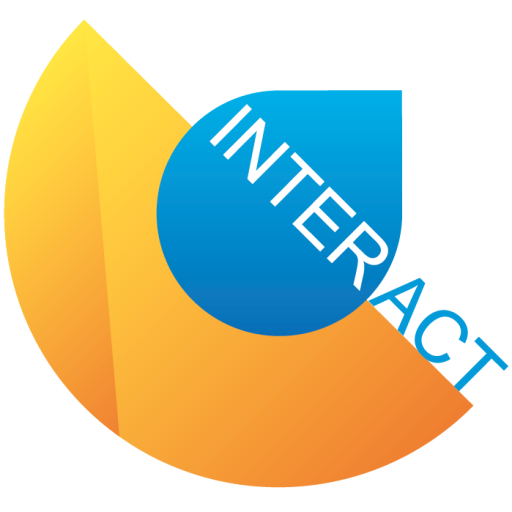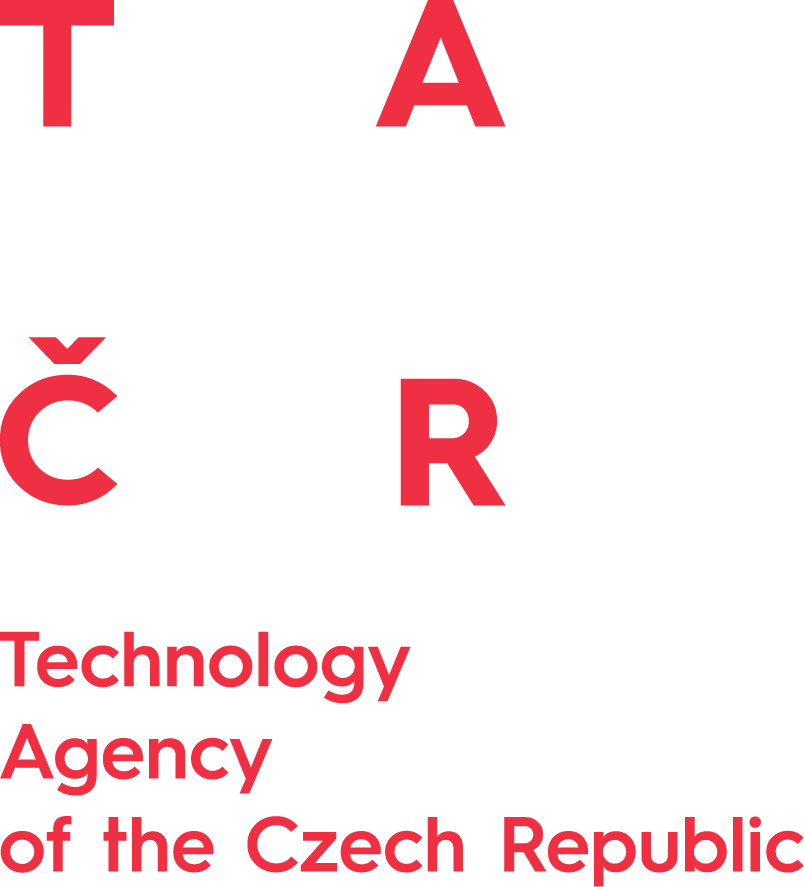INTERACT is tackling one of the biggest current topics for urban robustness and urban infrastructure: a secure and reliable functioning of electricity supplies while in parallel increasing the share of DERs (Distributed Energy Resources) with the help of functional energy communities, working in harmony with the grid. The project suggests the implementation of a holistic power system architecture, that is enabling the increase of energy autarky, keeps economic value in the region, increases social cohesion and increases the robustness and reliability of the power supply over all grid levels.
Therefore, the research project INTERACT (Integration of Innovative Technologies of Positive Energy Districts into a Holistic Architecture) aims to develop a roadmap for the Energy Community’s secure and reliable embedding into the power system structure, focusing on two pilot regions in Sweden and Austria.
With the finalization of our first project year, we can already look back on interesting insights and progress towards the establishment of our holistic energy community.
The focus of the first year was on establishing an understanding of the state of the art on PED (Positive Energy District) projects and identify learning opportunities for INTERACT projects in the form of success factors. Exchange of knowledge and establishing a network of professionals that work towards our shared goals through energy community projects and PEDs was one of the key steps. A systematic collection of PED and PED-like projects were recorded, reviewed, and analyzed, both based on literature research and document analysis. But mainly interviews with project leaders of selected projects and exchange of knowledge among colleagues served as our basis of identifying challenges and reflect on success factors for project implementations.
From the view on other projects, we moved on to getting a close understanding of our local communities in the two project focus regions: in Großschönau, Austria and Fyllinge, Sweden. Through a stakeholder mapping approach, we identified relevant actors for both regions and approached their perspectives, motivations and expectations towards a successful energy community implementation with personal interviews.
For the development of tailored roadmaps on implementing INTERACT Energy Communities for the two project focus regions we first started with the definition of a standardized, common inventory methodology for recording current energy-related technology. Based on this process, we collected the relevant information within Großschönau and Fyllinge, and are currently creating a Gap analysis to identify needed replacements, upgrades, or additions to enable an Energy Community working in harmony with the grid, capable of realizing the defined Use-Cases, like emergency and price driven demand-response-processes.
You can find our reports on our webpage here!
Through our consortium meeting in Gothenburg, Sweden, the consortium was able to meet in person for the very first time! It also helped to understand the Swedish perspective on future implementation of energy community projects and a closer understanding of our local case study in Fyllinge. During 2022 we plan to visit the second focus region in Großschönau, Austria, and meet again in person for the important fine-tuning of ongoing project work.
What’s next?
Our second project year is going into depths of analyzing and development of the Energy Community concepts: Within WP 4 activities, (Design of the LINK-based Energy-Community with respect to stakeholder needs) we give a comprehensive overview of the activities, ownership models, stakeholders, roles, and possibilities for value creation and sharing of Energy Communities in general and the INTERACT Energy Community specifically, supporting competence building, and fact-based decisions on critical infrastructure based on cross-sectoral research.
We will also check on legal and economic topics related to Energy Communities, highlighting the current legal framework in the partnering countries, and performing an economic evaluation of the business cases of the INTERACT Energy Community.
With the Roadmap for the successful implementation of INTERACT Energy Communities as the final deliverable of the project we will create a means for policy change.
Announcements
June and July will be busy for us since we will be present at three conferences all over continental Europe!
- June 1-3: Urban Future Conference in Sweden: https://urban-future.org/event/helsingborg-22/
- June 2-3: CIRED Conference in Portugal: https://www.cired2022porto.org/
- July 4-6: CESB22 Conference in Czech Republic: https://cesb.cz/
Get in touch and meet us there!





